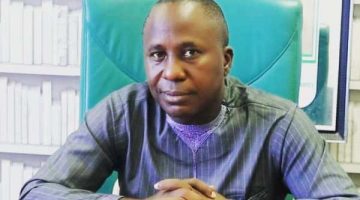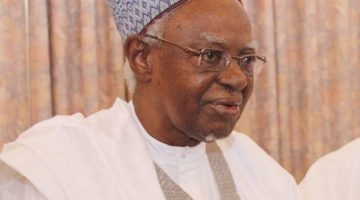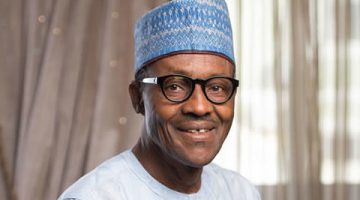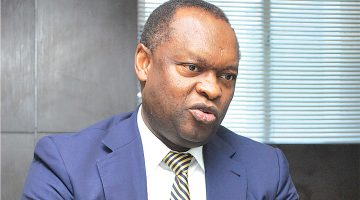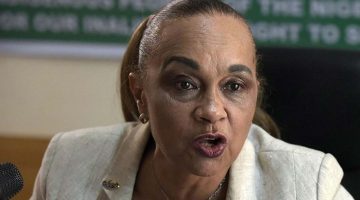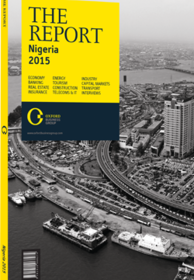Africa’s largest economy under new leadership
Fresh from a rebasing exercise in April 2014 that boosted 2013 GDP by 89% to $509.97bn, Nigeria now ranks not only as Africa’s most populous country, but also as its largest economy. It has long played an outsized regional role, making up 76% of West Africa’s GDP and around 60% of its population.
The past few years have seen a number of striking developments for Nigeria. A GDP re-basing exercise in April 2014 – the first since 1990 – resulted in a more accurate assessment of the size of Nigeria’s economy, which is now valued at more than $500bn, or roughly 89% larger than its previous estimation. Already the continent’s most-populous nation, the country surpassed South Africa to become Africa’s largest economy and the 24th largest globally.
Equally encouragingly, in May 2015 the country experienced its first peaceful handover of power since the end of military rule, following the March presidential elections that saw the incumbent President Goodluck Jonathan step aside for challenger Muhammadu Buhari.
The incoming administration does not have an easy task ahead of them – with low oil revenues, a budget shortfall, a sizable infrastructure deficit, a need to increase job creation and the continued threat of Boko Haram – but overall the country’s outlook remains bullish.
The country’s oil and gas sector, which accounts for roughly three-quarters of government revenues and exports, has been hit by low barrel prices and the long-pending passage of a comprehensive regulatory reform, but a collective push to increase local content throughout the supply chain has led to the rise of a number of competitive indigenous companies.
Nigeria’s agricultural sector, which provides a livelihood for 60% of the population, has also benefited from a number of initiatives to increase yields and expand processing activities. The financial industry, strengthened by several rounds of prudent regulatory reforms in the wake of a domestic margin-lending crisis in 2008, remain among the largest and more liquid on the continent, while the power sector is in the midst of a turnaround following a successful $2.5bn privatization process in 2013.
Ensuring Nigeria’s current positive momentum is maintained in the face of broad headwinds will be tricky, but as a resource-rich, service-driven economy – the largest on the continent and one of the biggest in the world – its prospects are very encouraging.


